
What is the 60 Second Rule in Skincare?
Who Started the 60 Second Rule? The rule became popular thanks to Nayamka Roberts-Smith, a licensed esthetician and beauty influencer
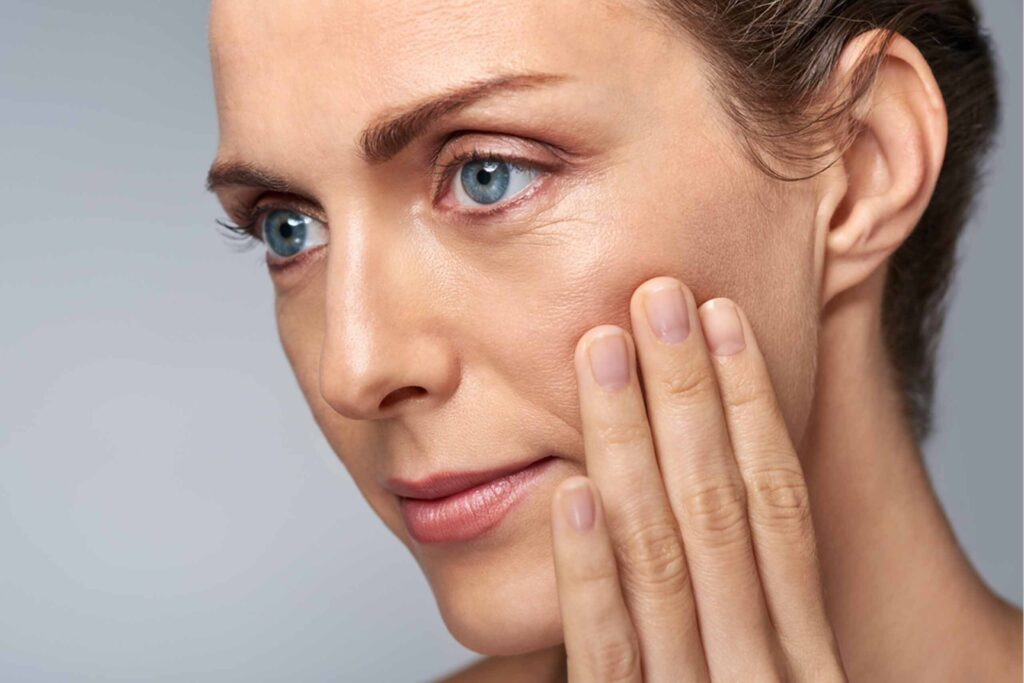
Aging is a natural process. Our bodies change with time. Skin is often the first place where signs of aging show. Wrinkles, fine lines, sagging, and age spots are common. Many people turn to skincare to slow these changes. But does skincare really prevent aging?
Let’s explore how skincare works, what science says, and what you can realistically expect.
As we age, our skin changes in several ways:
These changes happen to everyone. But how fast they happen depends on genetics, lifestyle, and how you care for your skin.
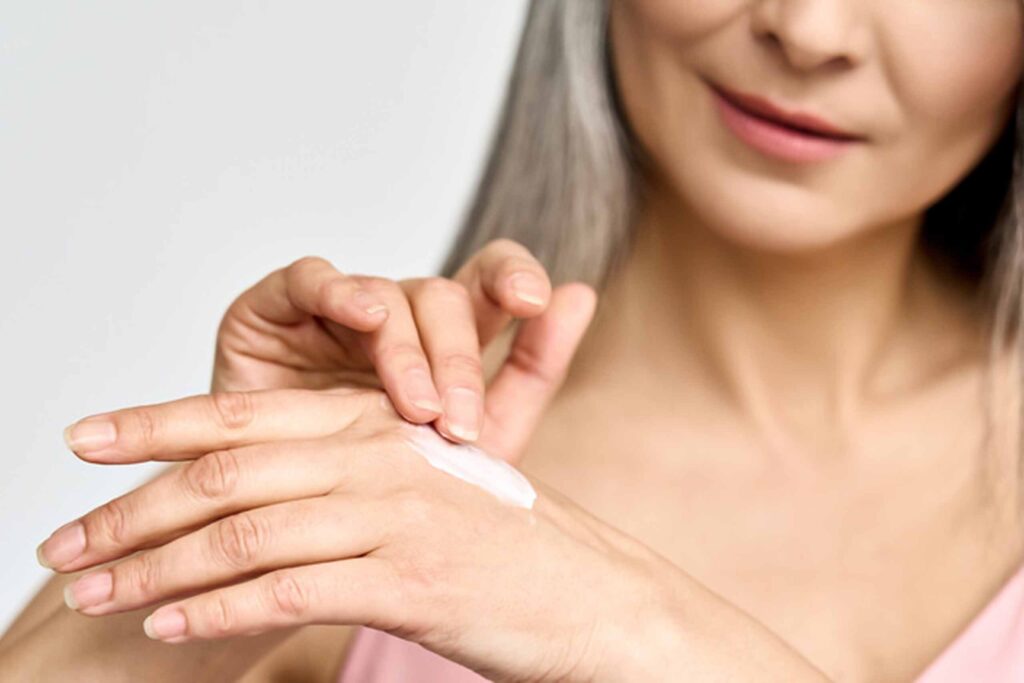
Skincare means caring for your skin with products and habits. This includes cleansing, moisturizing, using sunscreen, and sometimes using special treatments like serums or peels.
There are many types of skincare products:
But do these products actually fight aging?
The answer is: Skincare can slow the signs of aging, but it cannot stop aging completely. Here’s how it helps:
Many experts agree that sunscreen is the most important anti-aging product you can use. UV rays from the sun are responsible for up to 90% of visible aging. This includes wrinkles, fine lines, sunspots, and loss of skin firmness.
Using a broad-spectrum sunscreen with at least SPF 30 daily can help prevent:
Even on cloudy days or indoors, UV rays can still reach your skin through windows. Consistent use of sunscreen is key.
Dry skin looks older. It shows fine lines more clearly. Moisturizers help keep the skin hydrated. This gives it a plump, smooth look. While moisturizers do not prevent aging directly, they improve the skin’s appearance and protect the skin barrier.
Using moisturizers with ingredients like hyaluronic acid, ceramides, or glycerin can make a big difference in how your skin looks and feels.
Free radicals are unstable molecules that damage skin cells. They are created by pollution, UV rays, and stress. Over time, they lead to signs of aging.
Antioxidants like vitamin C, vitamin E, and niacinamide neutralize free radicals. This helps protect your skin and reduce early signs of aging. Vitamin C, in particular, is known for brightening skin and boosting collagen production.
Retinoids are a form of vitamin A. They are one of the most researched and proven anti-aging ingredients. Retinoids help:
Using a retinol serum or cream regularly can help maintain youthful skin. However, they can cause irritation for some people, so it’s best to start slowly.
As we age, dead skin cells build up more easily. This makes skin look dull and rough. Exfoliation removes these dead cells, allowing fresh skin to show.
You can exfoliate with physical scrubs or chemical exfoliants like alpha hydroxy acids (AHAs) or beta hydroxy acids (BHAs). Regular exfoliation makes skin look smoother, brighter, and more even.
Peptides are small proteins that help the skin rebuild itself. Some skincare products include peptides or growth factors. These help support collagen and elastin production, making the skin firmer over time.
Though the results are not instant, regular use may reduce signs of aging with continued use.
While skincare helps slow down aging, it has its limits. Here’s what it can’t do:
Good skincare helps, but lifestyle matters too.
Certain ingredients have proven effects on aging skin. Look for these in your products:
Using products with these ingredients regularly can make a visible difference over time.
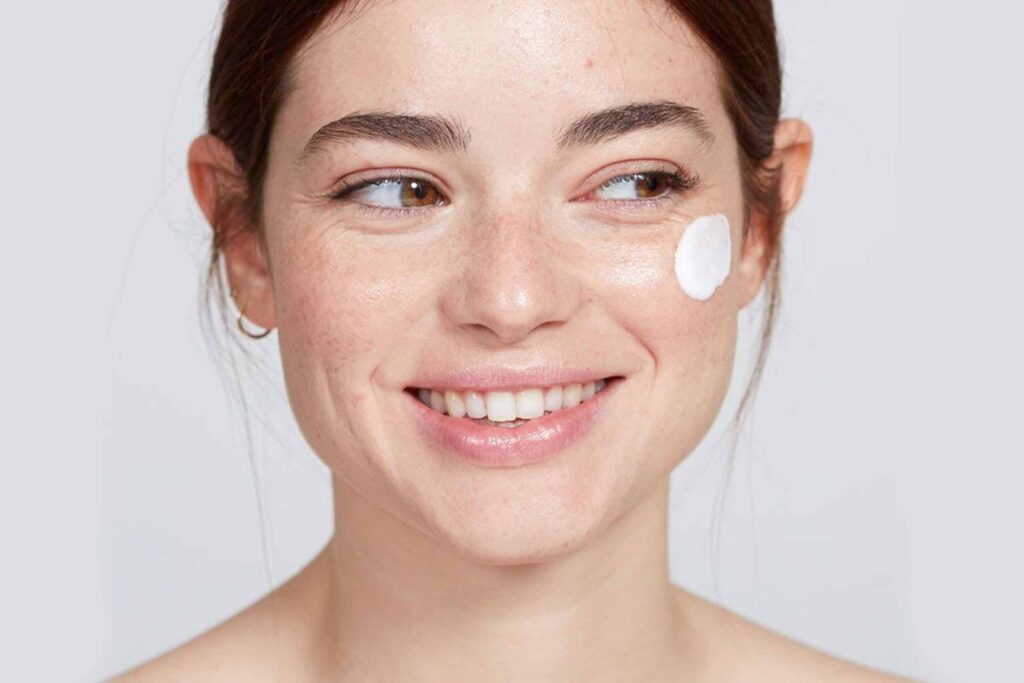
You don’t need the most expensive skincare to see results. What matters most is using good products consistently. A simple routine that includes cleansing, moisturizing, sun protection, and one or two active ingredients can go a long way.
Stick to a routine that works for your skin type. Be patient. Results take time.
Skincare works best when paired with healthy habits. Here are key lifestyle tips to help your skin stay youthful:
Your outside reflects what’s happening inside.
With so many skincare brands available, it’s important to choose ones that offer safe, science-backed products. One such brand is Jasyn Michael Skincare. They provide a wide range of high-quality skincare products that focus on healthy, youthful skin.
Jasyn Michael Skincare uses effective ingredients like retinol, hyaluronic acid, vitamin C, and botanical extracts to support skin health. Whether you’re just starting a skincare routine or looking to improve your current one, their products are designed to help you protect and preserve your skin. The brand focuses on clean, simple, and effective skincare that suits all skin types.
Let’s clear up some common myths:
False. Most anti-aging products take time to show results. You need to use them regularly for weeks or months.
Wrong. Prevention is better than cure. Starting in your 20s or 30s can delay signs of aging later.
Not always. Some natural products lack research. Some synthetic ingredients are very effective and safe.
Not true. Your skin may notice the change if you stop suddenly, but you’re not “addicted” to skincare.
Here’s a simple daily routine to help prevent aging:
Use exfoliants 1–3 times a week, depending on your skin’s needs.
Skincare cannot stop time, but it can help your skin look its best as you age. It slows down visible signs like wrinkles, dullness, and uneven tone. It protects you from sun damage, which is the top cause of premature aging.
By using the right products — and sticking to a good routine — you can maintain youthful, healthy skin for longer. Combine this with smart lifestyle choices, and you give your skin the best chance to age gracefully.
If you’re ready to take your skincare seriously, check out the product range from Jasyn Michael Skincare. Their science-backed formulas and gentle ingredients are made to nourish, protect, and restore your skin. Whether you’re new to skincare or a seasoned expert, their products can be a valuable part of your journey to healthy aging.
Remember, aging is natural. The goal isn’t to stop it — but to age well, with skin that glows with health, strength, and confidence.

Who Started the 60 Second Rule? The rule became popular thanks to Nayamka Roberts-Smith, a licensed esthetician and beauty influencer

Why Blood Flow Is Important for Skin Your skin is the largest organ in your body. It needs oxygen, water,
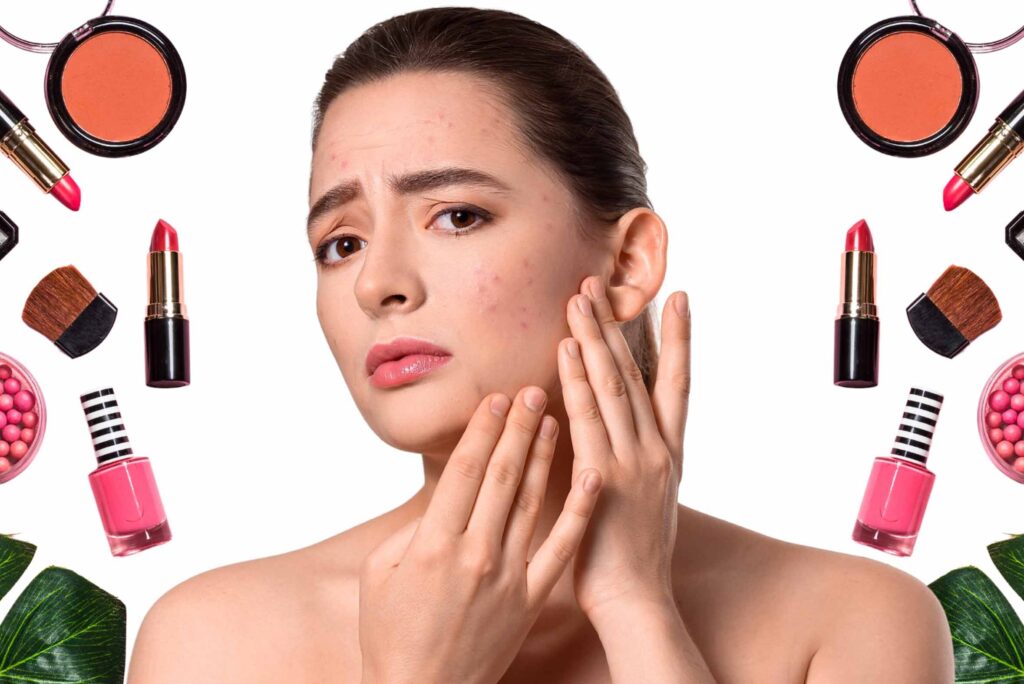
How Can Makeup Cause Skin Problems? There are several ways makeup can harm your skin. Not everyone will experience these
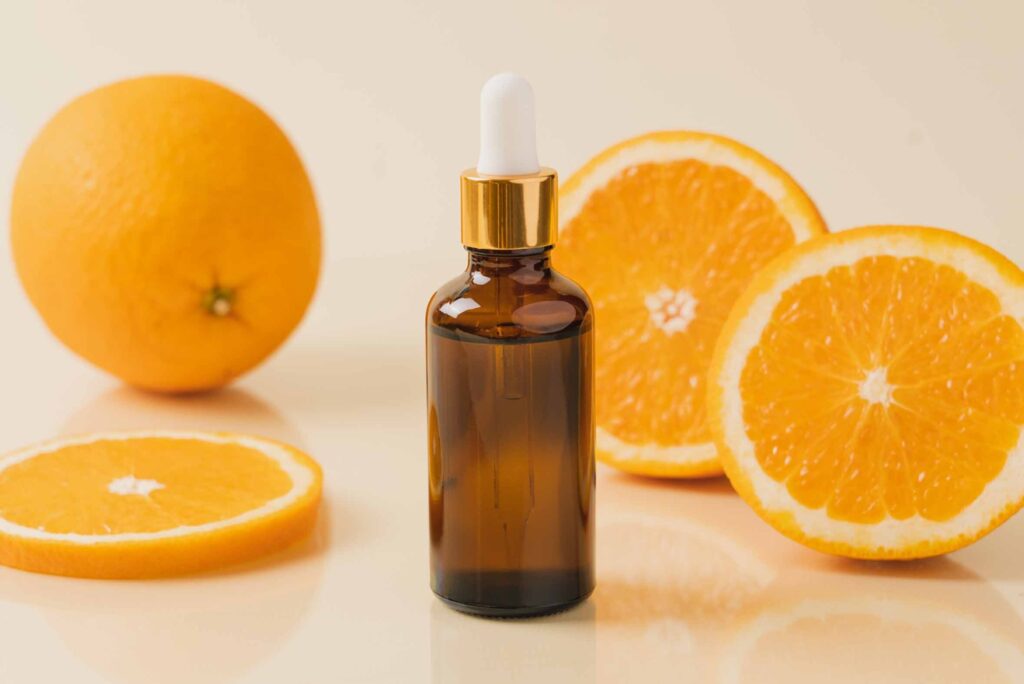
Why Is Vitamin C Important for the Skin? Vitamin C is essential for healthy skin. It plays many roles: It